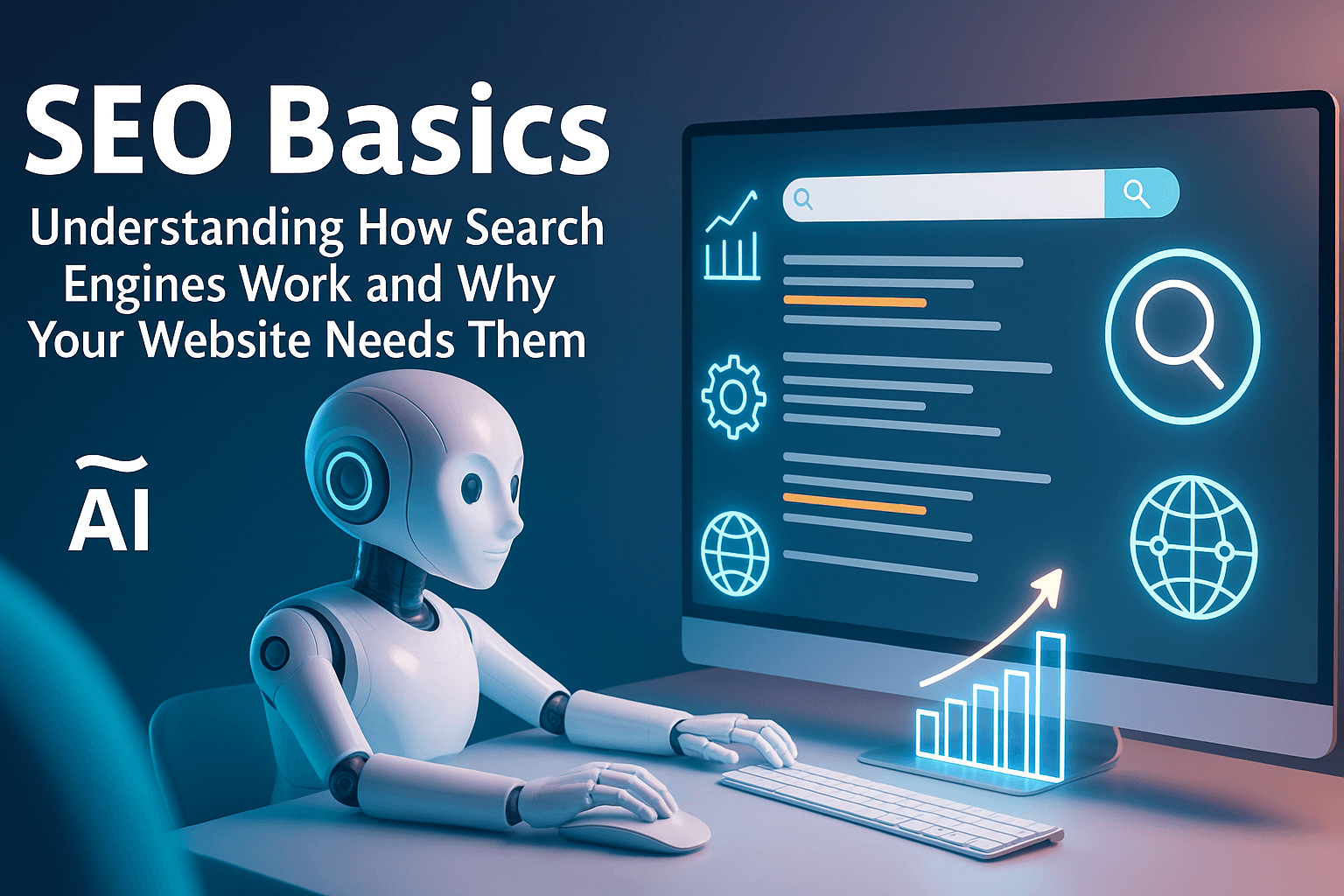The tech world moves fast. A programming language that’s hot today could fade tomorrow—or evolve into a must-have skill. If you’re a developer, a career-minded student, or a business leader, you need to know:
Which programming languages will dominate the next 5 years?
In this guide, we’ll break down the top languages poised for growth between now and 2029, backed by job market data, industry trends, and real-world use cases. Plus, we’ll give ASP.NET MVC a special spotlight (spoiler: it’s a dark horse for enterprise developers).
By the end, you’ll know exactly where to invest your learning time—or hiring budget—to stay ahead.
1. What Makes a Programming Language “In-Demand”?
Before we dive in, let’s define our criteria. A language is “in-demand” if it:
-
Pays well (average salaries above $100k in the U.S.).
-
Has growing job postings (LinkedIn, Indeed, etc.).
-
Powers key industries (AI, fintech, healthcare, etc.).
-
Evolves with modern trends (cloud computing, IoT, cybersecurity).
Now, let’s meet the contenders.
2. The Top 7 In-Demand Programming Languages (2024–2029)
1. Python
Why it’s hot: The Swiss Army knife of coding. From AI to data science, Python’s simplicity and massive library ecosystem make it a go-to.
-
Average salary: $120,000 (Payscale).
-
Key industries: Machine learning (TensorFlow, PyTorch), automation, and web dev (Django).
-
Future-proof factor: AI adoption is exploding—Python is the backbone of ChatGPT, Midjourney, and more.
Real-world example: Netflix uses Python for recommendation algorithms and analytics.
2. JavaScript (with TypeScript)
Why it’s hot: Still rules web development. TypeScript (a JavaScript superset) adds safety for large apps.
-
Average salary: 110,000(React/Angularspecialistsearnupto110,000(React/Angularspecialistsearnupto150k).
-
Key industries: SaaS, e-commerce, and cross-platform apps (React Native, Electron).
-
Future-proof factor: 98% of websites use JavaScript.
Real-world example: Airbnb rebuilt its frontend with React for faster performance.
3. Java
Why it’s hot: Enterprise favorite. Banks, governments, and Android apps rely on its stability.
-
Average salary: $105,000 (Glassdoor).
-
Key industries: Banking (legacy systems), Android apps, big data (Hadoop).
-
Future-proof factor: 3 billion devices run Java.
Real-world example: Uber uses Java for backend services handling millions of rides.
4. C# (with ASP.NET MVC)
Why it’s hot: Microsoft’s powerhouse. C# and ASP.NET MVC dominate enterprise web apps, gaming (Unity), and cloud services.
-
Average salary: $115,000 (ASP.NET MVC devs earn 10–15% more than average C# roles).
-
Key industries: Finance, healthcare, government, and gaming.
-
Future-proof factor: Azure’s growth fuels demand for .NET developers.
Why ASP.NET MVC stands out:
-
Enterprise trust: Companies like Stack Overflow and Dell use it for scalable, secure web apps.
-
Modern upgrades: .NET 8’s performance boosts and Blazor integration (for full-stack C#).
-
Career edge: Less saturation than JavaScript/Python—higher demand for specialists.
Real-world example: Microsoft’s own Azure portal runs on ASP.NET MVC.
5. Go (Golang)
Why it’s hot: Built for speed and scalability. Loved by DevOps and cloud-native developers.
-
Average salary: $140,000 (Indeed).
-
Key industries: Cloud infrastructure (Docker, Kubernetes), fintech.
-
Future-proof factor: Backs high-traffic systems (e.g., Uber’s geofencing).
Real-world example: Twitch uses Go for real-time chat systems.
6. Rust
Why it’s hot: Memory safety without sacrificing speed. Critical for cybersecurity and systems programming.
-
Average salary: $130,000 (Stack Overflow).
-
Key industries: Blockchain, embedded systems, web browsers (Firefox).
-
Future-proof factor: Adopted by Linux kernel development—a big endorsement.
Real-world example: Discord switched to Rust to handle 11 million concurrent users.
7. SQL
Why it’s hot: Data is king. SQL remains essential for database management and analytics.
-
Average salary: 95,000(withcloudDBskills,upto95,000(withcloudDBskills,upto130k).
-
Key industries: Every industry (healthcare, retail, logistics).
-
Future-proof factor: Cloud databases (Snowflake, BigQuery) use SQL variants.
Real-world example: Amazon uses SQL to manage billions of product listings.
3. Honorable Mentions
-
Kotlin: Android’s preferred language (replacing Java).
-
Swift: Apple’s ecosystem ensures steady demand.
-
PHP: Still powers 77% of websites (WordPress, Laravel).
4. Why ASP.NET MVC Is a Smart Long-Term Bet
While Python and JavaScript grab headlines, ASP.NET MVC offers unique advantages for developers targeting stable, high-paying roles:
A. Enterprise Demand
-
Industries: Banks (JPMorgan Chase), healthcare (Epic Systems), and government agencies rely on ASP.NET MVC for secure, auditable apps.
-
Job security: Legacy .NET systems need maintenance, and new projects use .NET Core/8.
B. Microsoft’s Ecosystem
-
Azure integration: Seamless cloud deployment (40% of enterprises use Azure).
-
Visual Studio: Top-tier IDE with debugging and AI-assisted coding (GitHub Copilot).
C. Less Competition
-
Only 8% of developers specialize in .NET vs. 45% in JavaScript (Stack Overflow 2023).
-
Higher salaries for niche roles (e.g., .NET + Azure architects earn $150k+).
Example career path:
Junior C# dev → ASP.NET MVC specialist → Cloud solutions architect.
5. FAQ: Your Questions Answered
❓ Which language is best for beginners?
Python (easy syntax) or JavaScript (instant web results).
❓ Will AI replace programmers?
No—but it’ll automate repetitive tasks. Languages like Python (for AI training) and C# (for AI-powered apps) will thrive.
❓ How does ASP.NET MVC compare to Django/Spring Boot?
-
ASP.NET MVC: Better for enterprise security, Windows integration, and Azure projects.
-
Django/Spring Boot: More open-source flexibility and startup adoption.
❓ Should I learn legacy languages (COBOL, Fortran)?
Only if targeting niche industries (banking, aerospace). Salaries are high ($150k+) but jobs are scarce.
❓ What about no-code tools?
They’ll replace basic apps, but custom solutions (built with Python, C#, etc.) will always be needed.
6. How to Choose Your Language
| Career Goal | Best Language |
|---|---|
| AI/Data Science | Python + SQL |
| Web Development | JavaScript + ASP.NET MVC |
| Mobile Apps | Swift (iOS) / Kotlin (Android) |
| Cloud/DevOps | Go + Python |
| Enterprise Systems | C# (ASP.NET MVC) + Java |
Need Help Planning Your Tech Career?
At SharpEncode, we specialize in developer training and career guidance. Whether you’re picking your first language or leveling up with ASP.NET MVC, our experts can create a roadmap tailored to your goals.
📩 Get a free skills assessment today!
👉 https://www.sharpencode.com/home/contact
Final Thoughts
The next 5 years will reward developers who balance trendiness with timelessness. Languages like Python and JavaScript are safe bets, but don’t overlook ASP.NET MVC for enterprise opportunities.
Your move: Master one core language, add a niche skill (like cloud integration), and stay curious. The future belongs to adaptable problem-solvers—not just coders.
Ready to future-proof your career? Pick a language, build real projects, and keep learning. The best time to start was yesterday—the second-best is today. 🚀

